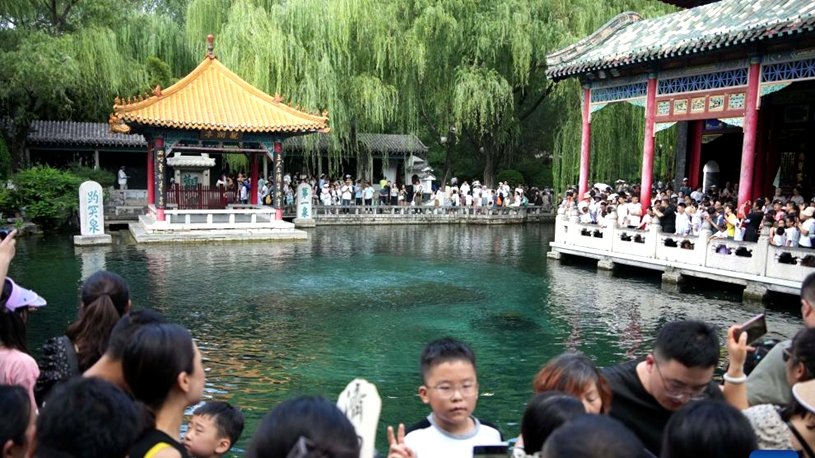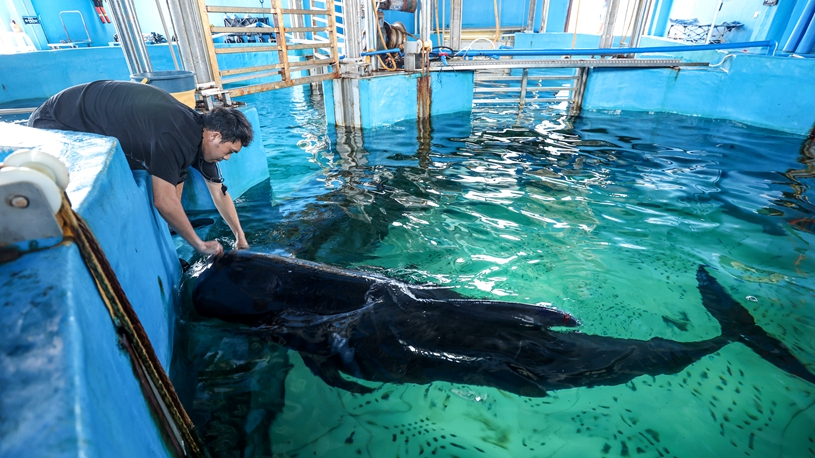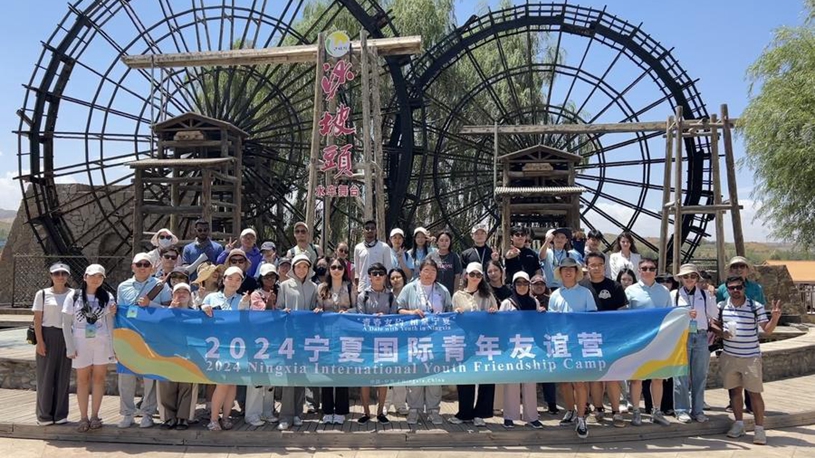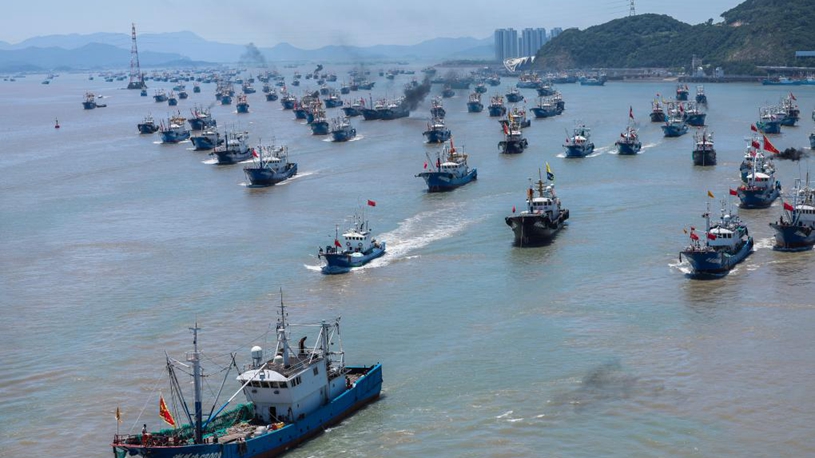TEGUCIGALPA, Aug. 6 (Xinhua) -- Honduras was once referred to as the "banana republic," which served as an "oasis" for unchecked American capital and a "cage" where local impoverished workers were trapped.
Looking back at history, the United States bears an undeniable responsibility for the long-standing poverty in countries like Honduras.
In 1870, an American captain named Lorenzo Baker brought a shipload of bananas from Jamaica and sold them in New Jersey. Since then, bananas have been one of the best-selling fruits in the United States. A large number of trading companies were set up, transporting bananas from Central America and the Caribbean to the United States.
In the early 20th century, U.S. corporations like Cuyamel Fruit Company obtained concessionary rights to vast lands in Honduras.
From the late 19th century to the early 20th century, with multiple armed interventions and instigated coups, American capital gradually gained control over the major economic sectors in Honduras. U.S. companies like Cuyamel Fruit Company occupied vast lands in the northern part of Honduras, constructing large-scale banana plantations. They also controlled vital economic sectors such as transportation, electricity and manufacturing.
By 1913, over 90 percent of Honduras' foreign trade was monopolized by the United States. Under the monopoly control of American multinational corporations, Honduras developed a highly concentrated economic structure centered around banana production, and became heavily reliant on imports for essential goods like food, resulting in a vulnerable economy.
"We must make a rupture in the fledgling economy of this country to increase its difficulties and facilitate our objectives. We must prolong its tragic, turbulent, and revolutionary life," H. V. Rolston, then vice president of Cuyamel Fruit Company, wrote in a letter in July 1920.
Estevan Elvir, now 91 years old, once worked on banana plantations in the Sula Valley in north Honduras. He recalled that American companies had complete control. Workers would receive their wages from Americans and spend it all in the company-operated stores.
Elvir said that working conditions there were extremely poor, with workers frequently subjected to beatings, and some even killed. "No one could renege or denounce because the manager had more power than the president of the Republic himself," he said.
In fact, the United Fruit Company once controlled the economic lifelines of several Central American countries. Through the operation of railway companies, the fruit company acquired vast lands along the rail lines and freely utilized local resources such as timber.
Eugenio Sosa, director of the National Institute of Statistics of Honduras, told Xinhua that "one of the promises of these companies is that they would build a national railway spanning the country, but they failed to fulfill it and only built a few branches. The railroad went no further and never managed to cross the entire country."
"The other characteristic is the influence that U.S. companies began to have in politics. They practically installed and removed presidents because several strong companies exercised control. If a company did not do well with the government, an armed group would be formed, sponsored by another government, and there would be electoral fraud, and the government would be overthrown, which, in this way, caused a lot of political instability," Sosa said.
In the early 1930s, the United States sought to expand its overseas markets. Previous "dollar diplomacy" and "big stick" policies had created strong anti-American sentiments in Latin America. To address this, the United States introduced the "Good Neighbor Policy," which, despite its claims of promoting "equality" and "non-interference," continued to exert control over the region.
Amid U.S. exploitation, plundering and interference, the people of Honduras never ceased to resist. Throughout the early 20th century, Honduran workers repeatedly went on strikes to demand higher wages and better working conditions.
Elvir recalled how striking workers were treated: "At best, they faced jail time; at worst, they disappeared. After four or five days, we'd find their bodies in the Ulua or Chamelecon rivers, weighed down with rocks or rails to keep them submerged."
In April 1954, dockworkers in Tela threatened to strike over wage issues. By May, workers from the mining, railway, textile and tobacco industries, along with banana plantation workers, farmers and small landowners in northern Honduras, joined the strike.
The massive strike lasted over 60 days, ultimately ending in victory as most of the workers' demands were met.
"The 1954 strike was our second independence after our declaration of independence in 1821," said Andres Alvarez, an 87-year-old retired Honduran train driver. "Before that, calling Honduras an independent and sovereign country was a lie," he said. "After the strike, our working conditions and benefits got a whole lot better."
Starting in 1975, the Honduran government canceled all concessions and contracts with American banana companies, and nationalized some of the lands the United States controlled. Honduras also took over American-controlled docks and railways, gaining control of banana production, transportation and sales. These steps marked the beginning of Honduras reclaiming its sovereignty and building its national economy.
"Our people's anti-imperialist struggle is historic and has been united with labor movements as well," former President Manuel Zelaya, also a presidential advisor, told Xinhua. "The struggle is where what we have today in Honduras comes from." ■












